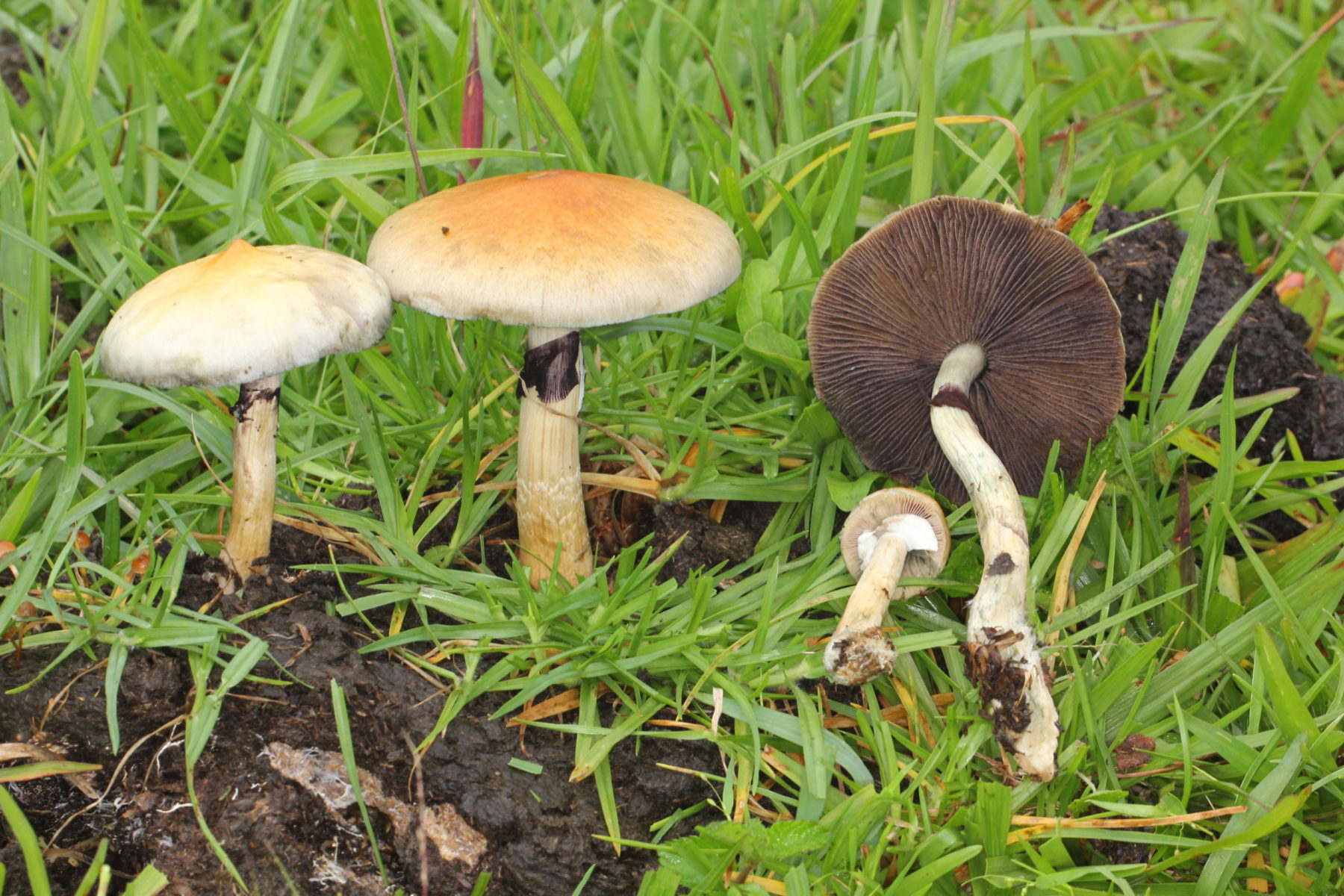Psychedelic decriminalization efforts are spreading like mycelium as activists lobby city governments in Berkeley, California; Port Townsend, Washington; and Columbia, Missouri. New initiatives are surfacing as the people behind decriminalization efforts that succeeded in Oakland and Denver earlier this year lend their expertise and guidance to allies around the country.
Decriminalize Nature, the organization that led the charge in Oakland, announced on July 16 that activists in nearly 100 cities have reached out to request assistance in passing similar reforms. Then on July 26, the Decriminalize Denver organization officially rebranded as the Society for Psychedelic Outreach, Reform, and Education (SPORE). SPORE will now focus on supporting similar campaigns in other cities and states, as well as a federal lobbying strategy.
The Berkeley City Council Public Safety Committee voted unanimously on July 17 to advance a resolution decriminalizing entheogenic (psychoactive) plants. The resolution—which will now go before a public health committee before a potential full-council vote—would decriminalize all naturally-occurring entheogenic plants or fungi and their extracts that are listed under Schedule I of the federal Controlled Substances Act. It would stop the city from using any funds or resources to enforce criminal penalties against over-21s who grow, possess or use these substances.
“There is a lot of tension right now between the city and the unhoused community,” said Alex Williams, an organizer on the Berkeley campaign. “And obviously there are many people struggling with debilitating mental illnesses, and so the incredible power of these sacred medicines to expand consciousness and empathy can be very powerful in bridging certain cultural divides and helping us all come together as one community.”
Williams believes that after successful decriminalization in neighboring Oakland, his city is highly likely to follow. “Berkeley definitely has a strong tendency to sort of walk arm-in-arm with Oakland, going all the way back to the Black Panther Movement and even before,” he told Filter. “I definitely feel that there is now an energy in Berkeley after Oakland’s reform. I feel really good about our measure moving forward successfully.”
Up the Pacific coast in Port Townsend, Washington, a small town of 9,100 people two hours from Seattle, the Port Townsend Psychedelic Society (PTPS) is pushing for its own decriminalization initiative. On July 19, PTPS presented a draft resolution to the Jefferson County Board of Public Health. Its language is modeled after that used by Decriminalize Nature, and PTPS is lobbying both the county and the city of Port Townsend.
“Our group of supporters filled up half the audience [of the meeting],” PTPS reported. The group is now planning a follow-up meeting with county health officials, with the goal of submitting its resolution to the City Council and the Board of County Commissioners.
“Port Townsend and Jefferson County is a resilient community that is characterized by its quirky and out of the box character,” the draft resolution reads. “Decriminalizing entheogens emphasizes our community values of personal freedom, connection to the natural world, social justice and reform of harmful societal structures. … The community already has vast resources of knowledge, experience, and people dedicated to provide support and education to the public about safe and healing use of entheogens.”
The spores of psychedelic reform have also spread to a very different region: the Midwest. In Columbia, Missouri’s fourth-largest city, City Council members are intrigued by the prospect of psilocybin mushroom decriminalization. On July 15, 22-year old Missouri University student Natarajan Kumar urged the Council to draft legislation to remove criminal penalties for psilocybin use.
Councilman Mike Trapp indicated that he would bring the issue before the city’s Board of Health, acknowledging the “very promising” therapeutic potential of mushrooms. Columbia has a history of adopting progressive drug policies, having passed two measures by popular ballot back in 2004 to decriminalize low-level marijuana possession and allow adults with medical conditions to use cannabis with a doctor’s approval.
Photo of psilocybin cubensis mushrooms by Alan Rockefeller via Wikimedia Commons.





Show Comments